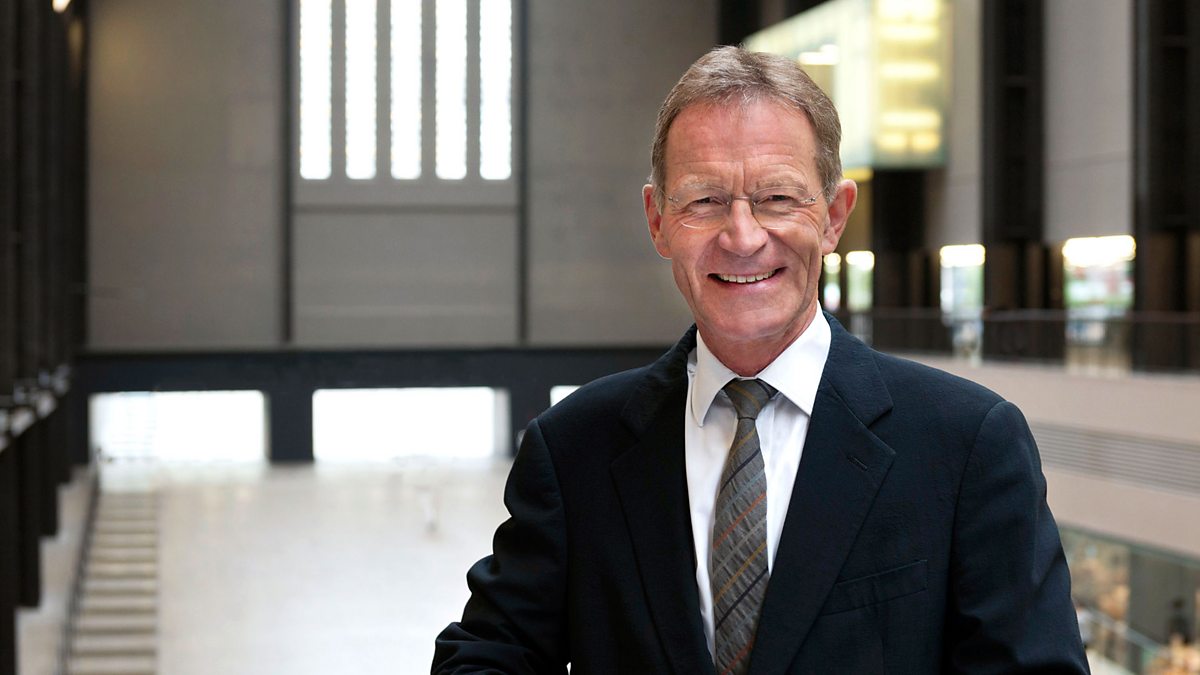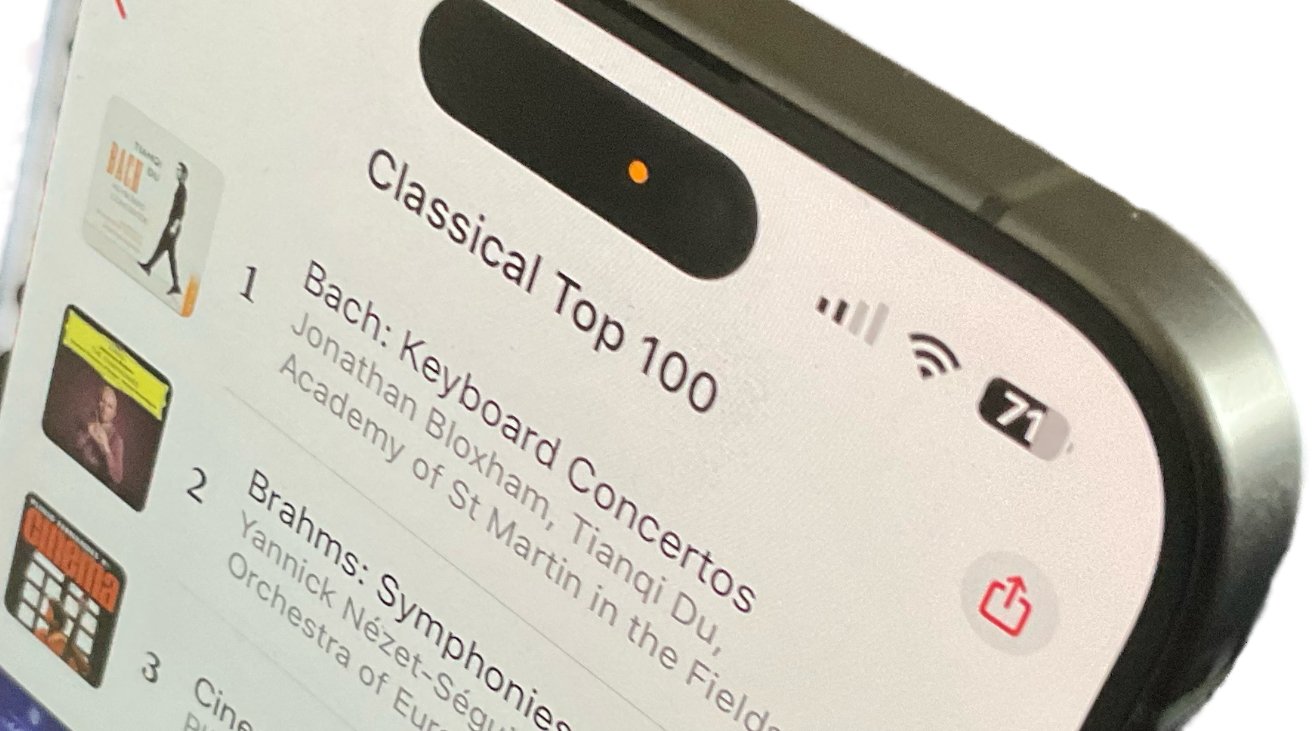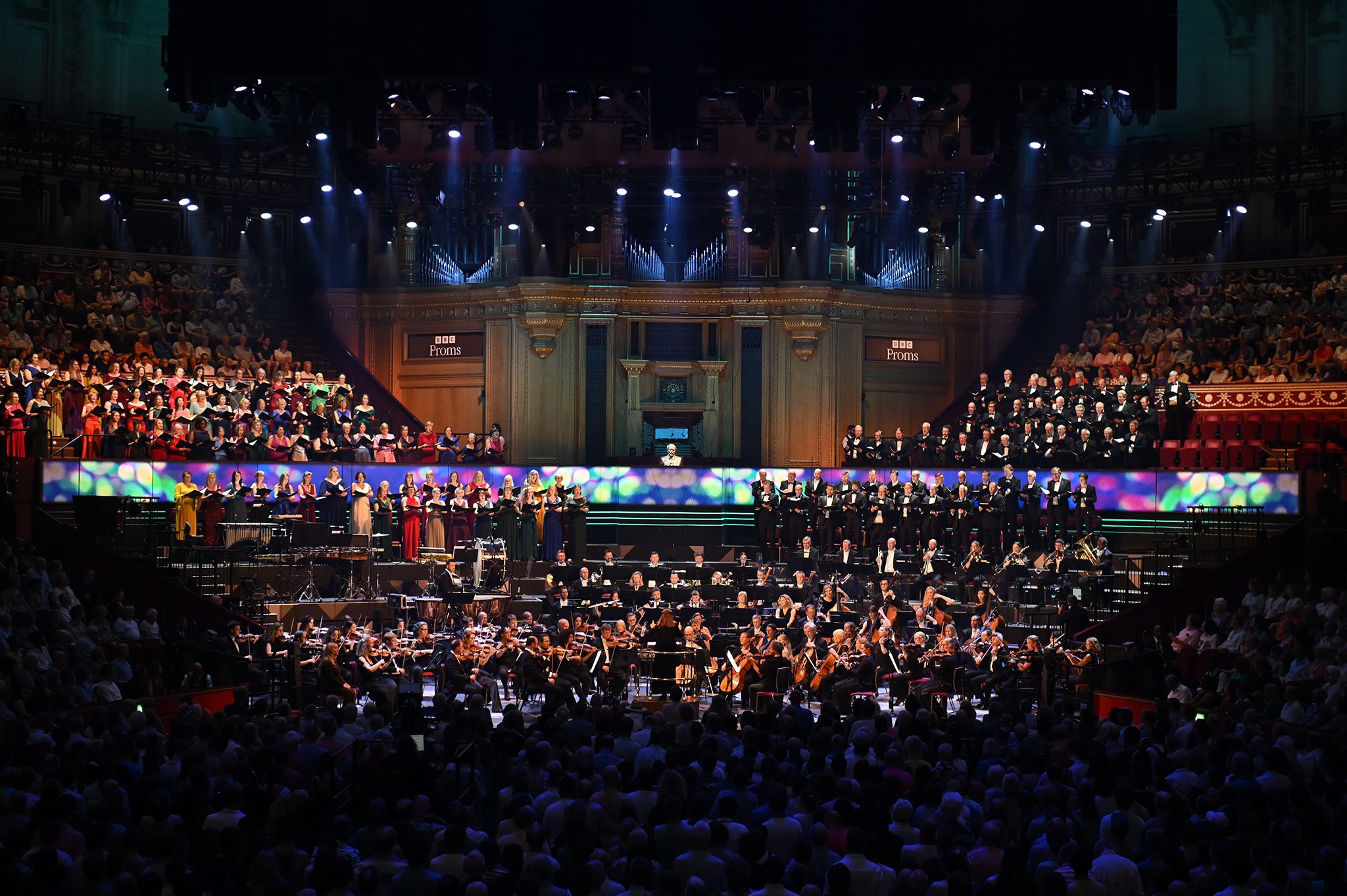Arts Council England Chair Nicholas Serota joined the ABO21 conference to talk about ACE’s vision for rebuilding the arts and delivering on the Let’s Create strategy.
“For the Arts Council, our response will be shaped by our 10 year plan: Let’s Create. We’ve spent the last few months refining how we should respond to what one could describe as the biggest stress test or strategy that you could possibly imagine. We should be publishing our detailed plan for the next three years in two parts at the end of this month, and in late June.”
“The only stable foundation for a sustained recovery for classical music lies in an art form that reaches more people nurtures talent wherever it is found, and finds inspiration for every from every quarter. Classical music will never appeal to everyone. But everyone should have a chance to discover it and make a life in it if they have the talent.”
Serota used the opportunity at ABO to reveal early results from a piece of research into diversity commissioned by Arts Council England.
“The arts as often struggle to be a welcoming and inclusive to every social demographic, every community and every ethnicity. That has been a challenge for us for decades. Indeed, it was part of the reason for the establishment of the Arts Council in 1946.
“And the challenge remains because the research clearly illustrates that black or black British musicians are underrepresented at every stage of the training pipeline, as well as in the classical music workforce.
“Deaf, disabled and neuro diverse musicians are also underrepresented, underrepresented, with evidence that while some musicians are willing to disclose their disability, some organizations are unwilling even to inquire about the presence of disability in their midst.
“Around half of all black, Asian and other ethnically diverse, deaf and disabled, and LGBTQ plus musicians in the sector, feel that they have that they face or indeed have faced barriers restricting the opportunities available to them.”
“For The Arts Council, and for me, understanding diversity in its widest context, is both a matter of fairness and integrity to the future of culture in this country. And in that future, we want to make sure that the return on public investment in the art is ambitious, high quality audience performance is available to the widest audience through a sector that finds talent wherever it blossoms.”
One delegate sought clarification about the challenge facing diversity drawing on yesterday’s symposium on diversity where contributors stated that there wasn’t a pipeline issue, but one of bias in hiring, where ACE considered there wasn’t.
“I think the answer is it’s both,” explained Serota, “I mean, there are issues about hiring. But I think that we really do need to concentrate and we must draw, you know, we must really pay attention to those. But I do you think that the building the pipeline, through teenage and effectively Conservatoire years student years is absolutely crucial. And we need to find a way of doing that. Hiring is clearly an issue. And there was a lot of debate yesterday about hiring and does someone fit in? Do they not? Are they on trial? For how long? Those kinds of questions are clearly very important, and the determination of the management of the orchestra plays a crucial role in that. But I do think we need to address the pipeline question and nurturing young talent and nurturing talent that doesn’t necessarily attend independent schools have the support of parents who have higher education and so on.
On digital streams, the question was asked whether there is a risk of the market for digital orchestral content becoming saturated
“I think at present, people are, as I said, have such a hunger for live performance,” responded Serota. “To be in a concert hall, the moment we’ve probably reached a point where we may well be somewhat saturated. I continue to believe that actually, content presented online available at all times, or indeed streamed will be an in a lot will form a larger part of our
general engagement with classical music and music of all kinds in the future. So I’m sure that there will be a market for digital online content that I think we’ve we’re all desperate to get back into into into a whole world, aren’t we?”



